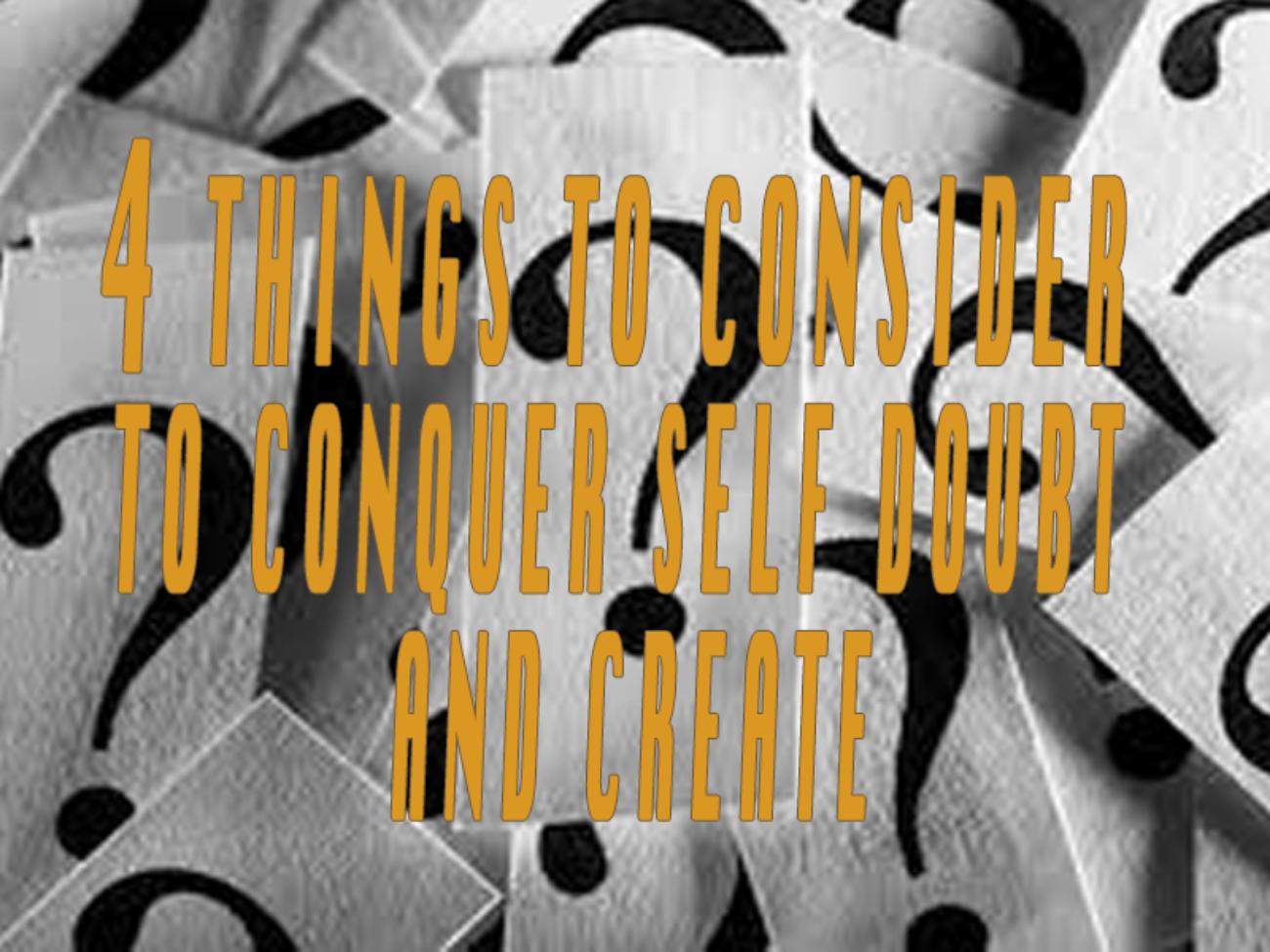Achickwitbeatz presents the Instrumental Intel podcast, bringing you information instrumental to your artistic career including music industry news & tips, insights & interviews, and beats for your inspiration. Listen on Saturdays at 7 pm EST on Grander Radio and Achickwitbeatz.com.
Follow on Facebook, Instagram, Twitter, YouTube Audiomack & SoundCloud, and subscribe on your favorite podcast platform. Download the Grander Media app to listen to Grander Radio on the go.
- Art
- Independent Labels
- Internet Radio
- Music Documentaries
- Album Reviews
- Music History
- Music Industry News
- Free Game Friday
- Free Downloads
- Poetry
- Books
- Interviews
- Did You See It?!
- Hip Hop History
- Hear Here
- Music News
- Hip Hop Documentaries
- Music Marvels Radio Show
- Think Piece Thursday
- Mini Documentaries
- Instrumental Intel
- Music Humor
- Indie Analysis
- Conversations & Quotables
- Music
- Resources for Artists
- Podcasts
- Beats/Instrumentals
- Music Education
00:01
Hey, thank you for tuning in to Instrumental Intel. I'm your host, music producer, Achickwitbeatz. And I'm glad that you've joined me today. I got another episode lined up with music industry news, instrumentals by me for your inspiration, and later my special guest, Jetro da Silva, will be coming to join me.
00:17
And we're going to talk about bridging industry experience with music education and so much more. So it's going to be a really great time. I'm excited to be bringing this episode to you. And before I go ahead and drop that first beat, I got to give a shout out to my home station Grander Radio out of Grand Rapids, Michigan. And with that, let's go.
[BEAT BREAK]
13:50
Alright, and I'm back with the music biz brief. First up, the MLC is challenging the dismissal of its lawsuit against Spotify over the platform's bundling of premium subscriptions with audiobooks, which led to lower mechanical royalty payments to songwriters and publishers. After a judge ruled in Spotify's favor last month, the MLC has filed a motion for reconsideration, arguing the decision overlooks key legal issues under the Music Modernization Act.
14:17
The case could have significant financial implications for the music industry, as the court's interpretation of bundling impacts how much streaming services owe to rights holders. Next, Reverb Nation, now part of BandLab Technologies, has launched Levels, an invite-only program offering financial backing and hands-on career support for independent artists. Expanding beyond its existing distribution and promo tools, Levels provides marketing, sponsorship opportunities, and financial advances.
14:46
BandLab CEO says the goal is to offer real artist support while recognizing that some artists prefer to stay independent. Applications are now open online. Also, ToonCore says its accelerator program helped artists gain over 21 billion new streams last year. With 2.5 billion artist discoveries and 5.5 billion track discoveries, nearly 450,000 artists signed up and 110,000 had tracks selected.
15:13
The biggest percentage growth came from West and East Africa at 155%, Southeast Asia at 138%, and Latin America at 88%. In other news, Warner Music Group has fully acquired Africori, a major African music distribution and rights management company. Warner first invested in Africori in 2020, then took a majority stake in 2022, and has now completed the deal.
15:39
Afriquori, which represents over 7,000 artists, will continue operating independently, for now. With CEO Yoel Keenan reporting to Warner Music Africa's Timi Adoniji, the companies have integrated their systems to help Afriquori artists reach Warner's global network. This move comes as Sub-Saharan Africa remains the fastest growing music region, with streaming revenue surging 24.5% in 2023. Next
16:05
Reservoir Media reported a 19% revenue jump in its latest quarterly earnings, reaching $42.3 million. The growth was driven by higher streaming subscription fees, catalog acquisitions, and recovered underpaid royalties. Music publishing remained its biggest revenue source, with digital earnings rising 20% year-over-year. Recorded music revenue also climbed 20% supported by a royalty recovery and streaming growth.
16:31
Reservoir raised its full year guidance, expecting up to $158 million in revenue and a 13% increase in just a bit. Also, the U.S. Copyright Office has launched an inquiry into performing rights organizations or PROS like BMI, ASCAP, CSAC, GMR, and Alltrack following concerns from Congress. The inquiry examines how having five separate PROS affects songwriters, licensees, and royalty distribution especially for independent artists.
17:00
Key issues include rising costs for businesses needing multiple licenses, transparency in royalty payouts, and how usage data is tracked. The results could influence future regulations, though it's unclear if any new laws will actually follow. Also, good to know, music-focused avatar platform Hangout has hit 1.1 million registered users since its November launch. Now integrated as a Discord activity.
17:25
The company aims for 10 million monthly active users and 10,000 business clients in 2025. Hangout is also planning a Series A funding round in projects between 10 million and 90 million in revenue this year, with long-term goals of 100 million users by 2027 and an eventual initial public offering, or IPO for short. Next up, ByteDance, the parent company of TikTok, is developing a new music licensing platform called Easyode, which could shake up the industry.
17:53
Positioned as a one-stop shop for rights-cleared music, EasyOde reportedly offers 60,000 tracks for use in media projects. While details on its launch and music sourcing remain unclear, filings with the U.S. Copyright Office and ByteDance's Cayman Islands-based affiliate suggest significant investment. The platform includes music customization features and AI-driven recommendations, but it's unknown whether AI-generated music is part of its catalog.
18:20
This move puts bite dance in direct competition with established licensing giants like Epidemic Sound. And TikTok and Luminate's latest Music Impact report confirms TikTok's major role in music discovery, monetization, and chart success. In 2024, 84% of songs that hit the Billboard Global 200 first went viral on TikTok. US TikTok users are 74% more likely to discover and share new music than other short-form video users.
18:48
And the add to music app feature has already driven over a billion track saves. The report also highlights TikTok's influence on music spending with US superfans on the platform outspending even the average superfan. Despite ongoing bans in the official app stores, TikTok remains the top social platform in the US outperforming YouTube and Facebook in January.
19:09
American users averaged 107 minutes per day on TikTok compared to 87 minutes on YouTube and 63 on Facebook. Nearly half of daily users spent over an hour on the app. Meanwhile, with Apple and Google blocking new downloads, unofficial sources report up to 2,000 TikTok installs per hour as users sideload the app onto their devices. So some key takeaways for indie artists.
19:36
Try to make short, dynamic videos that invite participation, like challenges, duets, creative visuals, whatever TikTok's got going, because you know they have a knack for sparking viral moments. So yeah, just try to do something that feels authentic to you and see how that works for you. Number two, activate the platform tools. Utilize TikTok's built-in features to encourage track saves and boost streaming numbers. Simple call to actions can guide your audience to take that extra step. Number three, engage your most devoted fans.
20:05
Focus on building a strong rapport with your most active followers. Their passion can turn into dedicated support, helping your music gain traction and reach wider audiences. Stay agile and cross-promote. Even as distribution challenges exist, TikTok's influence is undeniable. Repurpose your content across other platforms to maintain momentum and broaden your reach. Monitor and adapt. Keep an eye on your engagement metrics. Learn what works so you can continue to build upon it.
20:34
We know social media isn't a one-size-fits-all for everybody, so utilize this data-driven approach to help you refine your content strategy and maximize your impact. Alright, in the final news piece for this week, Universal Music Group and Music Health Alliance have launched the Music Industry Mental Health Fund to provide nationwide mental health resources for music professionals. The fund offers access to mental health professionals, financial assistance for care, and extended support services.
21:03
The good news is it's open to all industry professionals, not just universal artists. This initiative expands on their existing partnership, which has already saved nearly $12.5 million in healthcare costs. So that's something that you're interested in or you know somebody that could take advantage of it. Make sure you check into that. It's a great opportunity. We definitely need to take care of our mental health as creatives. Alright, and that's it for the Music Biz Brief.
21:30
I'm going to take a quick pause for the cause and then I'll be back with my special guest, Jetro da Silva, right after this. Keep it locked!
[BEAT BREAK]
29:50
Hey, I'm Achickwitbeatz, multi-genre music producer and strategist to indie artists and labels. Visit achickwitbeatz.com for resources for artists and instrumentals in various genres available for songs, blogs, blogs, podcasts, themes, TV, film, commercials, and more. Once again, that's achickwitbeatz.com. That's A-C-H-I-C-K-W-I-T-B-E-A-T-Z.com Let's make something happen.
30:20
Thank you so much for tuning in to instrumental intel. I am your host, music producer, Achickwitbeatz, and I'm excited to say that in the virtual building with me today is the man known as Jetro da Silva. I mean, a phenomenal musician. He's got a long roster. He's an educator. I mean, you know what? There's so many things that are part of his resume that I should probably just go ahead and hand it off to him. But
30:48
You know, first of all, before you even get into all that and how you got started, I want to thank you for taking time out of your busy schedule to come and chat with me and the listeners. So if you could kind of give a brief background as to who you are and how you got involved with music. Well, first of all, I want to say thank you so much for having me here in this, uh, in your podcast. This is very exciting, especially learning that you come from the Midwest, the state of Michigan. So I have a dear special love for you guys.
31:18
my days work with parallel bell and gladiates night we should do dates and around there all the time and uh you know that's when i learned firsthand the relationship between detroit and chicago where musicians are borrowed from everywhere we use the same horn sections from detroit in chicago or vice versa so it's like oh that's how the motown thing is take place had a better understanding by going through this the whole situation so i'm very happy to be here so
31:47
As far as myself, when I'm originally born and raised in Rio de Janeiro, Brazil, I am a, let's say, African, I'm an African-American from Brazil because those people don't care about geography. Brazil is part of the Americas.
32:03
So this is the South America of the Americas. We have the North America, South America, and Central America. So I'm very proud to be Alfred Sand, born and raised there. And my beginnings in music start growing up in a Christian household, even though we got also the Jewish heritage as well. But I grew up in a Jewish...
32:31
Christian household and then I started playing in church, in a Baptist church, and that's where I was exposed. My mom was singing all types of music in the choir. My father was a tenor, my father passed away on September 10th, but my mom, soprano soloist, was in between Bach and all the classical stuff and some other pieces as well. So with my uncle Moses, when I was seven years old, he was actually frustrated with the choir.
33:01
So they were not getting the parts, so he asked me to sing to the choir all the parts, the soprano, the aul, the tenor and the bass. And that impressed everybody and then he asked, now come here you conduct the choir. So I conduct the choir, so demonstrating that I had rhythm.
33:21
So this was on the 7th. But my beginnings as far as training didn't start until 12 because my father really wanted me to study electrical electricity, electrical technician. That's what it was, the course they used to offer. They're 14 ages in Brazil. So I said that this is not my thing, but I'll go to the orientation. So I went to the orientation. Then I said, father, please give me a chance.
33:48
And he said to me, I'm gonna give you 30 days. If in 30 days you're able to show up playing a hymn and want a classical piece perfectly, I'll continue to invest in your music education. And I was able to do that. And I was very proud to put that together. And that's when I started with music, being influenced by family members, community. And there was a educational TV called TVE in Brazil where...
34:17
That's when I was exposed to the famous, those days, famous classical concert pianists and everything. And by being exposed to that, I also used to ask the question, how come there's no black classical pianist? What's going on? So my original at those days was to one day become the first black Brazilian concert pianist. But of course God had another plan for my life. That's the story.
34:46
Wow. I hope I answered your question. Yes, in a phenomenal way. There's so many gems in, you know, just the information you dropped. That was so much to process. Especially to think that you were conducting a choir by age seven before you even started with your actual training. I mean, yeah, because you said you didn't do that until 12, but that's still super young.
35:15
You know, that's still so phenomenal and impressive. So especially for him to... Well, it wasn't easy though, because my parents could not afford a piano. So the first time I actually practiced every day with a piano, when I moved to the US in 1991, and I joined Birth Calls of Music, they had piano for us. This is the first time I'm every day practicing. So the fact that I got into music and play for people in Brazil and here is really...
35:43
define at big time. Wow, that's really incredible. So, okay, especially for your dad to say, continue to invest if you can do this and the fact that you were able to do it within 30 days. I mean, can we talk a little bit about the determination that that would take? Because a lot of people love music. Doesn't mean that they have the discipline to, you know...
36:08
do it and stick with it every day. So do you have any, I guess, maybe tips or advice for anybody that might? I would say the first thing is the drive and the intention plays a major role because you're always going to have some type of discouragement. Maybe you don't have the transportation to go to the place. Maybe you don't have the instrument. Maybe you don't have the encouragement from the family. You can come up with many, many possible ways. I'll call that you are, we are tested to see if we really want something.
36:36
But the drive, the desire to see yourself one day doing and then starting the process, I think was fundamental because I remember I had to walk miles to that teacher in order to have the lesson. So, and that was the drive and like I said, the desire.
37:02
and the law for music, but this I should really learn one day to become someone based on the influence that I would see on TV. Like, I want to play like this person. And then, and not allowing the negativity or the test is all the trials and tribulations of life interfere, which was going to be my, my purpose for destiny. That's so tremendous. I really appreciate you sharing that.
37:31
So yeah, you kind of brought us into the early phases. As you started to kind of get more involved with music, what are some of the memorable experiences that you had? I'm sure you've had many, but if you could think of maybe the top few that just kind of stick out along your career, like as you were developing some memories or performances that stuck with you.
37:59
Importance of knowing who you are and following the dreams. I remember when Whitney Houston first performed at, you know, it was Mandela's birthday. And she performed, I think it was a Manchester concert, I don't remember if it was Wimbledon or Manchester, whatever concert it was. And she was very young, she was performing, it was like on TV in Brazil. We had those black and white TVs and they used to buy, I don't know how old are you, but...
38:28
They should have this color plastic. They should, if you didn't have a color TV, you would put those color plastic in front of the black and white. Oh. To give it the illusion of a color. Oh, wow. It was hilarious because pink was always in the same area. Green was always in the same area. And yellow was always in the same area. Before it was like color. But anyway, watching Whitney Houston perform with her, she invited her mom. And I remember saying, I just sat out of the blue. One day I'm going to...
38:58
play for her. Everybody laughed at me. First of all, you grow, you don't speak English. You're Brazil, you're poor, you're really out of your mind. So, years pass by. Now it's 1999. I'm calling Ricky Miner. He was hiring me for a lot of things in Los Angeles those days for the Motown Live show. That's what I got to play for. Karen Clark and all those folks. And
39:27
It was amazing show and I called him because I wanted to submit a cassette with a track that I had made And I want to submit for him because he had directly access to Al Jarreau the late Al Jarreau Yeah, and I should love Al Jarreau. So I was like, man, I have this track. It sounds it'd be great for him It's like man, they're always already released. It's too late. I was like
39:51
that's very interesting that you call me Jett because I am putting together two bands, Chaka Khan and Whitney [Houston], which one do you want? I said to him, well, I already played for Chaka, so I guess I'm going to play for Whitney [Houston]. The gig is yours. So fast forward, I have to leave the tour a little earlier because the tour got extended, I could not stay. And I had totally forgot, forgotten.
40:19
years years before when I said to my fam one day I'm gonna pay for her. So Whitney [Houston] was October 23rd 1999. We win Austria. We win Austria. She in the middle of the concert she's like three of my members are leaving today. St. Michelle is pregnant. Valerie Pinkstone.
40:47
is also live because she has two dates with Luther. So, and Jetro de Silva is living. So, and she starts singing that song. Yeah, Jesus loves me. Yeah, whatever. She's singing that. And then I close my eyes and playing, and then I feel like someone is looking at me. So, when I opened my eyes, she was in front of me. Wow. In tears and saying to me, thanks. When she did that, my brain went all the way back to the 80s.
41:15
Yeah. You remember when you said one day you're going to play for her. Wow. Now is the past. So that's one of the memories I can recall and I hope is encouragement to whoever is listening to this right now. Absolutely. What an incredible story. Man. Okay, so on top of having those memories flood back in that moment, just as a musician, how did you feel?
41:44
I guess moving her to that point. Well, Whitney [Houston] was an amazing musician, by the way. She knew exactly which parts supposed to be there. She would call you out if you, she was very class, she would not do that. But I remember a witness that she's doing that a few times when it was pretty clear that that person had to do some homework, but she really knew was, to be part of the headband was really.
42:14
privilege and to remain as a member was definitely a privilege because many people got the call they never got the call back. I joined the band 1999 and I no longer joined the band when she passed away and I was invited to be one of the alums to play for her funeral. So that was a statement that I was part of those
42:43
who marked her career. And as a musician was incredible because was, there's a story where we were rehearsing, where realized in 1999, we're the new band. We have this guy named Mario McKinley. Mario McKinley is a musical director for Earth and Fire. And we were, he was, we were playing keys, but we was different than the other gigs. Usually have keyboard one, keyboard two, right?
43:11
But this was different. This was like, we were like, do you want to play the piano this one? Or you want to play piano this one? You know what I mean? It was like that vibe. We switch around everything. So I remember.
43:27
that I was in an event and Juby Smith was a guitar player and Alex Evans. So I realized that all of us had totally different backgrounds. Some of us had a degree in music, some of us never had a degree in music, some of us grew up playing quartet.
43:48
Some of us not didn't. And some of us, like me, grew up listening to Steve London at the same time, Bossa Nova and all that. So, but all of us consisted this group. Michael Baker was a musical director. Michael Baker was a fusion jazz musician, drummer. So, but we had these common contribution, musical contribution for this icon.
44:15
So on the planet you could find any musician that could be even better than all of us. Wow. However, we were the perfect one for that time, that season, for her as musicians with our musical contribution for her career. Wow. Yeah, that's gotta feel amazing. It was, it's incredible because we, we, we had the privilege to
44:45
play for her at her best and not so quite the best in the end. So we got the, we saw the whole spectrum and we understood the, the, our responsibility was beyond.
45:01
musical contribution, was an emotional contribution, was a spiritual contribution, all that entails as the choices of voicings that we had to support her. So that showed how much we care for her and how much we were as a family, not just drinking together, talking together, having fun, but also when we were on stage performing before millions and millions of people.
45:30
Wow, that's a really interesting thing to point out. A lot of times you can, well, with technology being the way that it is, it makes collaborations easier, but sometimes that energy can be missing and I can't help but think that it's just, you know, exactly what you described instead of just.
45:54
the music like on connecting on a spiritual level that kind of makes everything just gel together. I think that's something that should probably be focused on more. Well, Ricky Manu usually say you can get anybody to do a gig, but you cannot. For someone with a bad attitude to stay in a gig.
46:23
Because it's about playing together, it's about supporting, it's about complementing one another. And we were there, even though the show was 100% pre-recorded, but we were the band that if the produce would go down, we could carry on the concert. And the audience would not feel the same, because we knew all the parts.
46:48
Okay. So we play on top of the part of the computer. At the same time, every time there are times when the computer crash or whatever, we kept going and people didn't feel the difference. We just find out about it after the concert because the guy that was in charge of the computer kept somehow the clicking our ears. So we all the time we thinking that the track was happening but wasn't. Wow. So that was these
47:18
the difference from us and many other performers. Yeah, that's phenomenal. Because we've seen it and a lot of us have experienced where technology didn't go as planned. Exactly. Exactly. So what tips do you have for somebody to kind of recover from that? You know, when it happens to keep pushing and maybe some tips to go forward in the future to be able to continue. I would say preparation is perfect. Prepare crashes too.
47:48
simulate a crash. What would you do? Create those situations, you know what I mean? Like the military. Preparation I think is the key because it's inevitable. That can happen. I don't care how many companies you have synchronized. Something can take place where the the sequence may stop. So and if that happens, for the performer, it's to act like it's part of the show.
48:14
the performer and for those who are the musician or the DJ or whatever it should keep calm and make sure you have a plan B and a plan C and a plan D and a plan E. So and it's because the show must go on and people pay a lot of money to watch you and you gotta make sure you are prepared. Like for
48:43
for one week at Oral Roberts University, which is going to be interesting for me to be there. And it's gonna the last day of the concert is going to be a concert with the gospel choir. So I asked them I want to rehearse every day. So they probably think we don't have to do every day. But that's precisely what I'm going to go through. If this goes wrong, are we ready to do these songs like a appellate?
49:14
Mm. See what I'm saying? Yeah. We're ready to do that. We've got to make sure the parts, not just about knowing the parts, I'll be able to come up with solutions on the spot. And that's why I have, instead of a list of 10 songs, I have 18, 20 songs. Wow. Because even though they, you know, schools are behind, they're always behind of the real world.
49:40
So they ask you to send the list of songs, the order of the concert, where in a real concert, you're an experienced person, you know, sometimes you don't put together the real order until you try out the first or second concert. It's like, that may not work. You watch the video again or whatever. So you're like, we're gonna have to make some changes. So, but we sent to them, but I'm gonna prepare the students for any type of change that may occur, you know. Yeah. Wow.
50:10
That's a really great tip to be that thorough, to make sure because like you said, inevitably something probably will happen. Something probably will happen. Yeah. So, okay, you had mentioned being a guest professor. You've been in music education for a while. Can you talk a little bit about kind of how you were able to work that into your schedule? Well, I was a professor at Berk College of Music from 2000.
50:37
2001 until 2015, then I was a arts relations for Roland, and then I went back to Berkeley in 2017, I stayed one year. Then I worked at Holton College in New York for like two semesters, a full year. And then I'm, well, because of Corona, I got stuck in California. Because I don't remember those months we cannot travel. Yes. So basically I had to stay here.
51:06
So music education comes to me when I was invited to become the new, to apply for the position of assistant chair of the piano department at Berkshire College of Music, which to my surprise I was, I served them for a while and then I became professor on ensemble department
51:35
The great thing about the transition between administration and teaching, going to teaching, was interaction with the student and really played the role of a music educator, I suppose, on the administrator. And there we learned a lot about students, learning styles, and then bringing what I did, I became the bridge of the real world into the academia.
52:04
So my class, the class that I did design, they had everything to do with preparation to the real world. And today I am happy to say that, I would say 75 to 80% of the students who study with me, they are in the music business right now, doing very, very well. And they attribute to that a lot to the class they took with me. Because the whole time they, like you're talking about, I remember what you said earlier.
52:30
to the preparation aspect for the concert. So we talk about all these things. So they brought all these tools. So they would show up to situations and people would have like, I had a class called Divas Live where I was the first aboraker to make students learn 20 songs per week. Now, someone may say, that's not pedagogically correct. Well, when you leave the school, when you start getting wedding bands, sometimes somebody sends you a recording of 120 songs.
52:59
and you have 72 hours to learn. So what I was doing really was doing a brain exercise and learning methodology, how to learn songs, a certain amount of songs quickly and be able to plant or to put as much information as possible in your brain in order for it to be successful, even though in 24 hours learning all these tunes, the person who hired you like,
53:28
man, the gig is yours, I don't want to bring the other person back. And many share that with me. So that's one aspect, the other aspect of technology. A lot of them became great producers because of the whole problem solving, creating problems, you still got to make it clear. Clients is helping, you lost all the data. You still got to come up with something before they press the ring, the ring, the belt to come to your house.
53:54
the thing don't you got but but by the time they get in the car whatever you gotta have have four bars ready quick to say you know work on this what you think because you know you lost all the other data right so everything was based on my failures and based in my success and the lessons that I learned so music education became very dear and then
54:18
I pursued more training and that's when I earned a doctor degree, master degree, but this came after a year's teaching. So that's the music education. So how did I, the last part of your question is, how did I manage to teach and still do the business, right?
54:48
three or four times per year. So I use the travel of Whitney's as material for the school. So every time I travel, I made that into class material. So that made me a very popular faculty in the college. Because the kids who signed up, I wanted to talk with him because he plays for Whitney [Houston] and he always, kids, because the students, they let everybody know, whatever. So that's how.
55:16
how I was able to conciliate both careers at the same time. Wow, that's really amazing. Yeah, I could definitely see the excitement too, you know, like every time like, okay, I wonder what he gained this time. Exactly. And if you look at professors from the major leagues, colleges, leagues or whatever, you learn that
55:39
And the professor is always researching, real professors. They're always researching, always getting new material. They go to take a class with somebody. It might not be him or her, maybe an assistant. Mm-hmm. Because that person might be in sabbatical, doing more research to write a book or whatever. So that's the thing that I was doing my own way, doing the same thing. Wow. Yeah, that is great. Thank you so much for sharing that. You're very welcome. Thanks for having me here.
56:07
Yeah, everything that you've said so far has been, yeah, your experience has been very inspirational. And it does just kind of, you know, have that era of hope for people looking for success, just the way that you were able to achieve it and stick with it. And you've even got some more stuff in the works currently. If you could talk about that a little bit to let people know what they can expect coming forward from you.
56:33
Okay, right now I'm playing much more of the role of producer artist. So right now I have some cooking dates coming up, possibly some dates with my jazz quartet in Japan and possibly Europe. But at the same time, I'm producing the young lady named Antonia Bennett, that's Tony Bennett's daughter.
56:58
and as our project is becoming very exciting, as a matter of fact, when I finish here, I'm going to drive to Malibu. We're going to be working on some of her vocals. And this project is basically the theme is American music with a bossa nova twist or Brazilian music twist. So we caught a few already, they sound fantastic. And when we have something amazing to play, we make sure we send it to you for you to show your audience.
57:26
Awesome. Absolutely love that. And I really hope that this is just the first time of many. I would love to have you back on again. I'll be honored. I'll be honored. Enjoy speaking with you, especially a beautiful sister from Detroit. No, between Detroit, what city you said you are from? From Kalamazoo or halfway between Detroit and Chicago. That's right. Chicago, right there. That's a very dear area. I have many great friends from there.
57:55
cats like Anthony Onesy, Herbie Hancock and to name a few. They all from that, that Chicago area. So you all dear to me. So yeah, I hope this was just part one. Cause like I said, I really appreciate you coming on, sharing your story, um, your wisdom. So we had lots of nuggets for us all to kind of take and try to incorporate into our careers. So yeah, thank you so much for that. You're very welcome. Thanks for having me here. All right. And before we go.
58:24
Can you let people know where they can follow you, find you online and all that good stuff? Right now the best way would be Instagram, at J-E-T-R-O D-A S-I-L-V-A Once again, at J-E-T-R-O D-A S-I-L-V-A
58:53
So that's my Instagram page. I also have JetroScholar at Jetro J-E-T-R-O Scholar, one word, all together. So those are where I'm gonna be posting a lot of great content, especially now when we working. I'll be probably doing some videos today in the studio. And as soon as we get a confirmation from the manager about the dates, we make sure you guys know about our performances as a jazz trio. Or quartet, I'm sorry.
59:20
Right. So thank you so much. I really appreciate you. And I'm already looking forward to part two. Thank you so much. Let's just set up a date. Let's make that happen. You got it. Thank you.
59:31
Alright and that's a wrap for this episode of Instrumental Intel. I've been your host, music producer Achickwitbeatz. And once again I'd like to thank you for tuning in. I'd like to thank my special guest, Jetro da Silva, for coming through and sharing his experience and wisdom. I'd like to thank my home station, Grander Radio, out of Grand Rapids, Michigan. And this was just a great time. I'm already excited to come back and bring more goodness to you next week. So until next time, you know where to find me. Tune in, tell a friend, and I'll see you then. Peace.
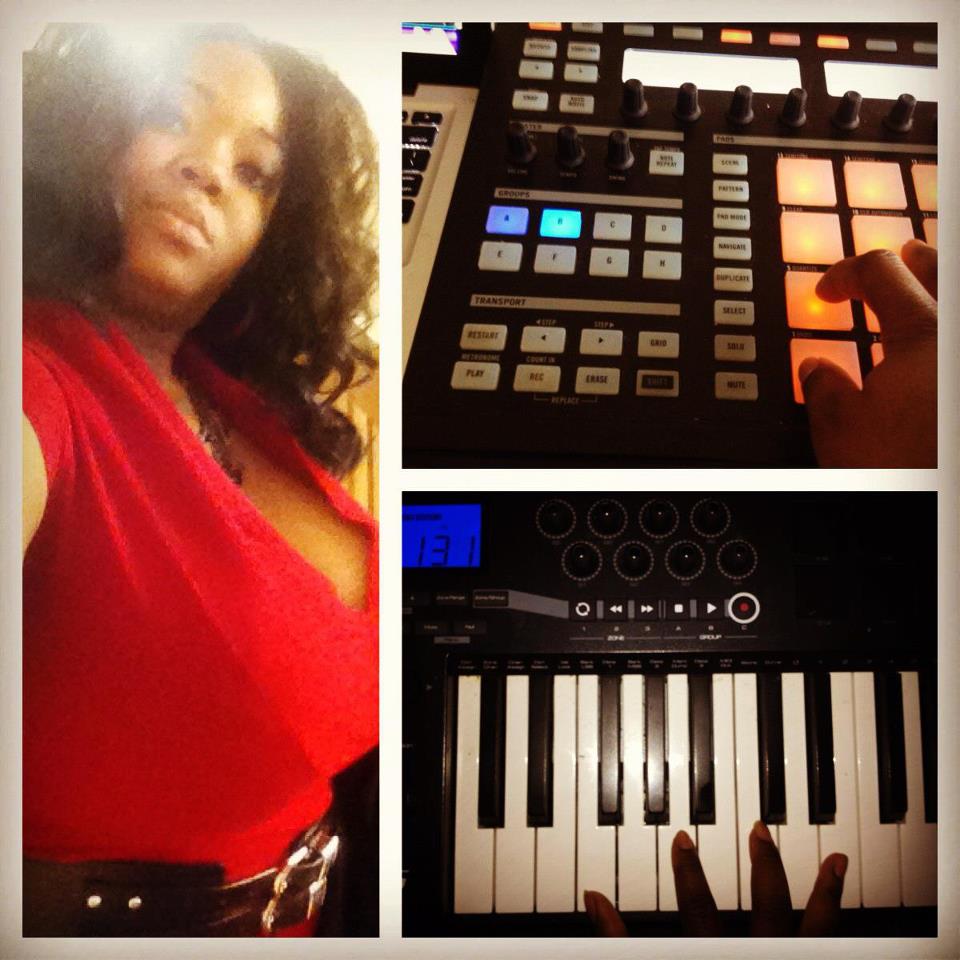
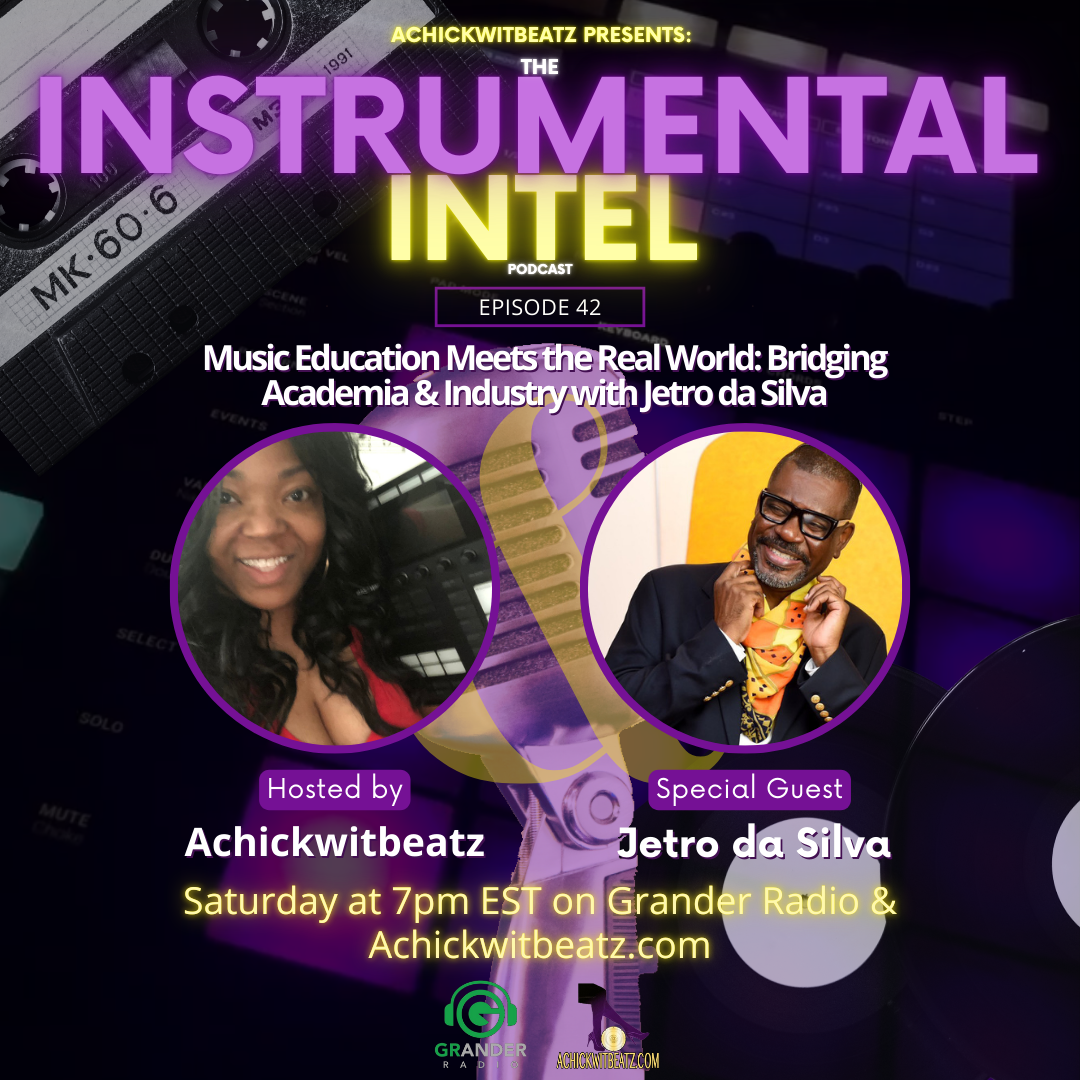






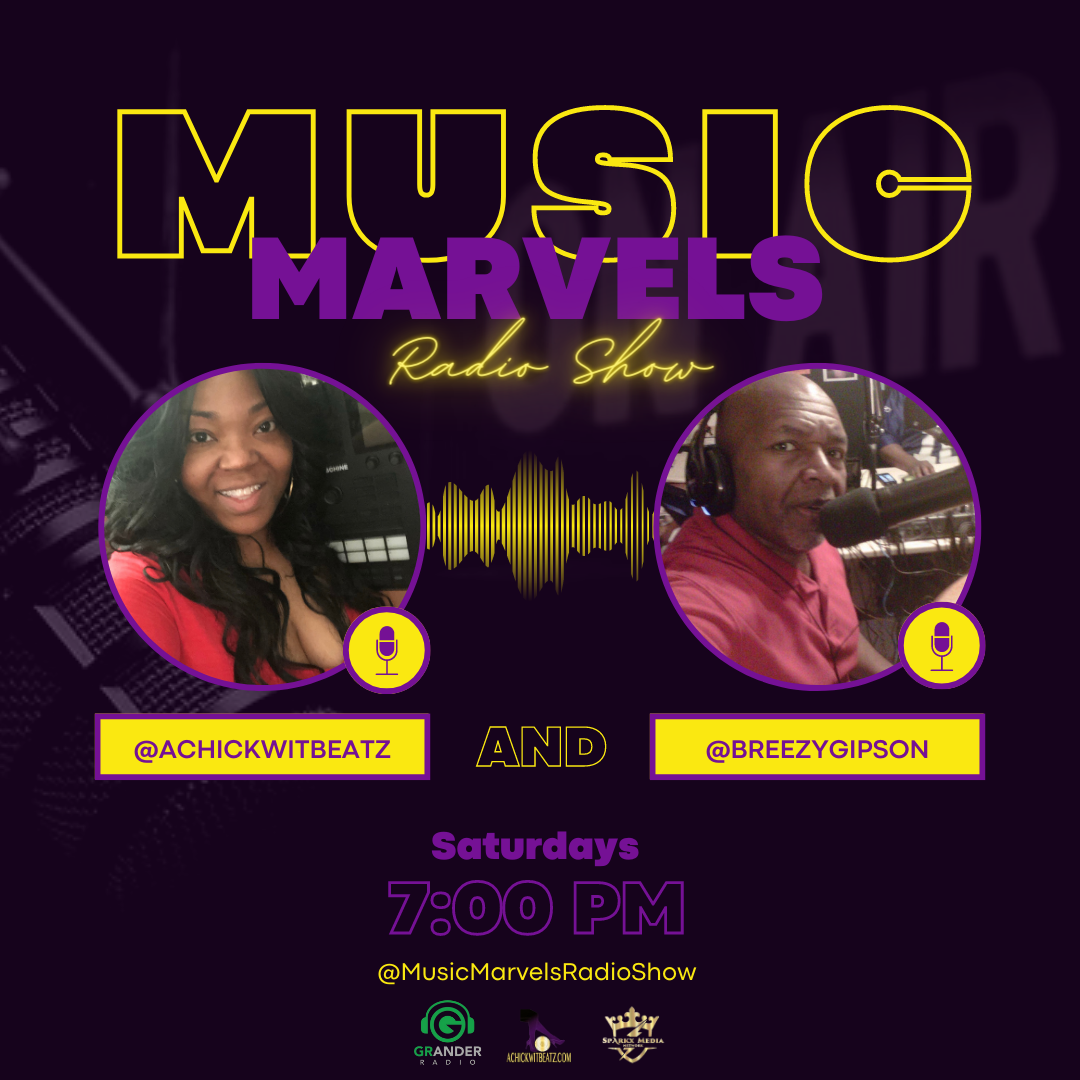
![Hear Here: Achickwitbeatz - Dopamine & Serotonin [Single]](https://images.squarespace-cdn.com/content/v1/52b0b90ae4b0293bfed0d692/1710852808557-EZYGFDIBHLBSIRFOVS1Q/Dopamine+%26+Serotonin.JPG)


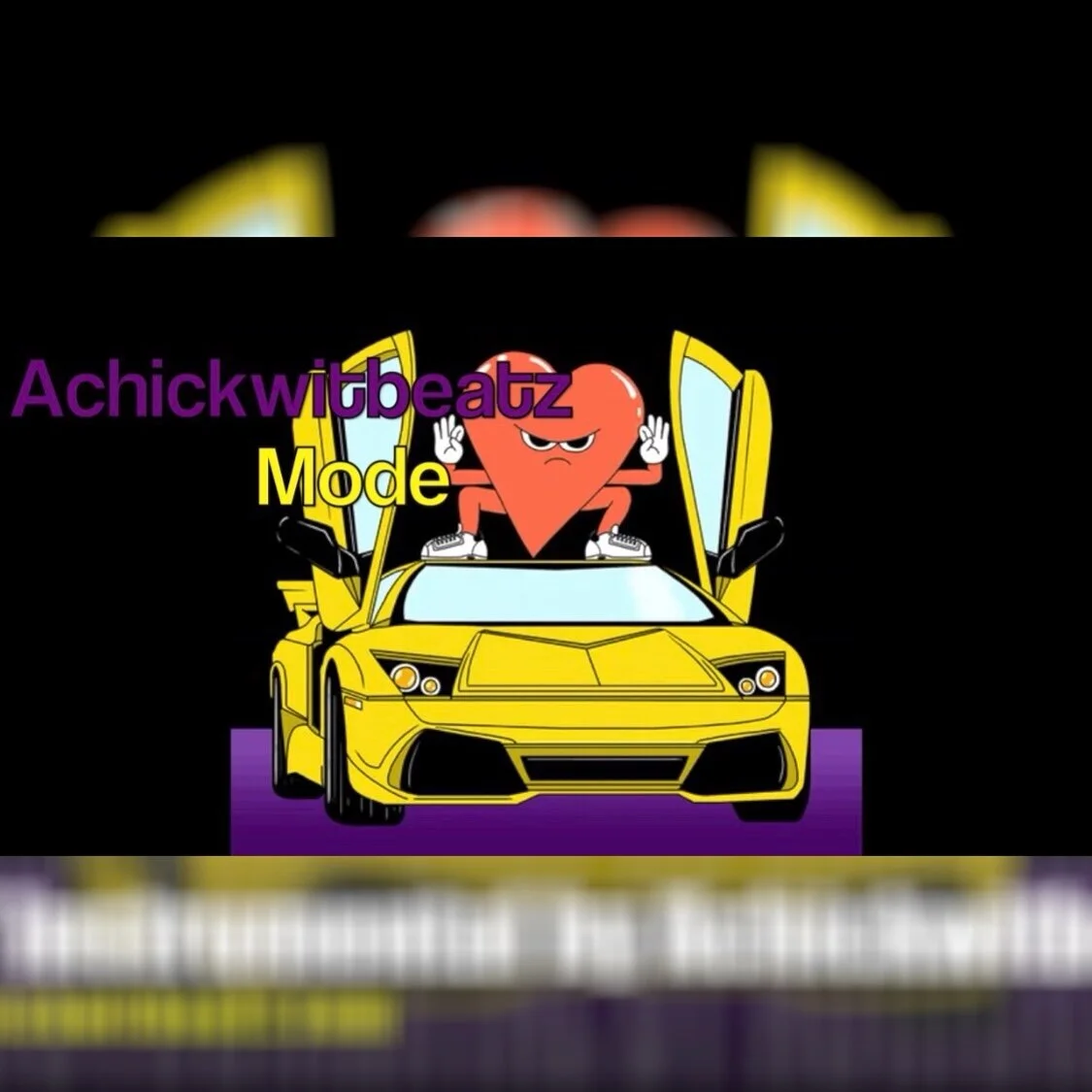
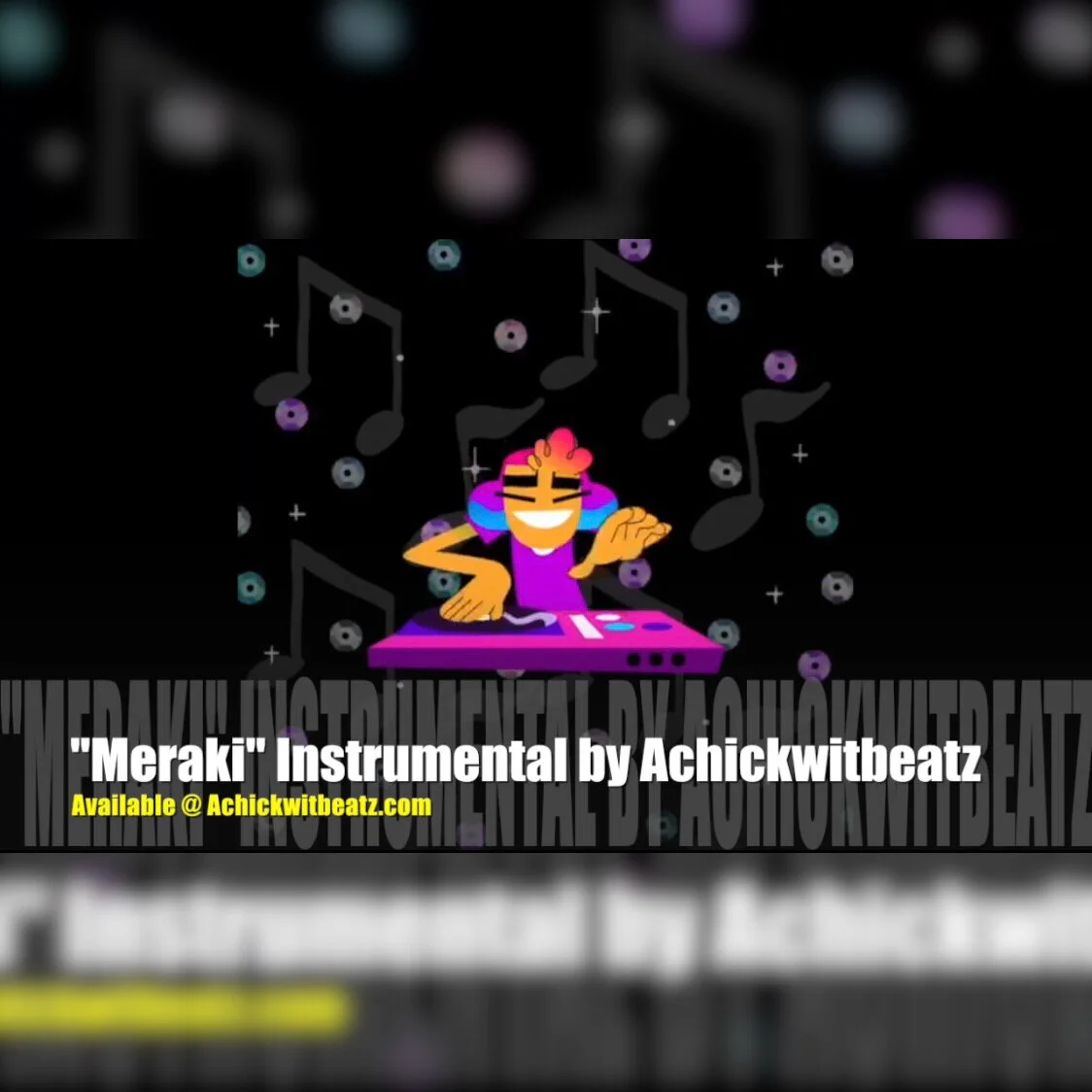





![Hear Here: Dagga Man- "Analytics" [Prod. by Achickwitbeatz]](https://images.squarespace-cdn.com/content/v1/52b0b90ae4b0293bfed0d692/1584638158548-9R55AZLWZIDFJC8LATV6/IMG_2212.JPG)







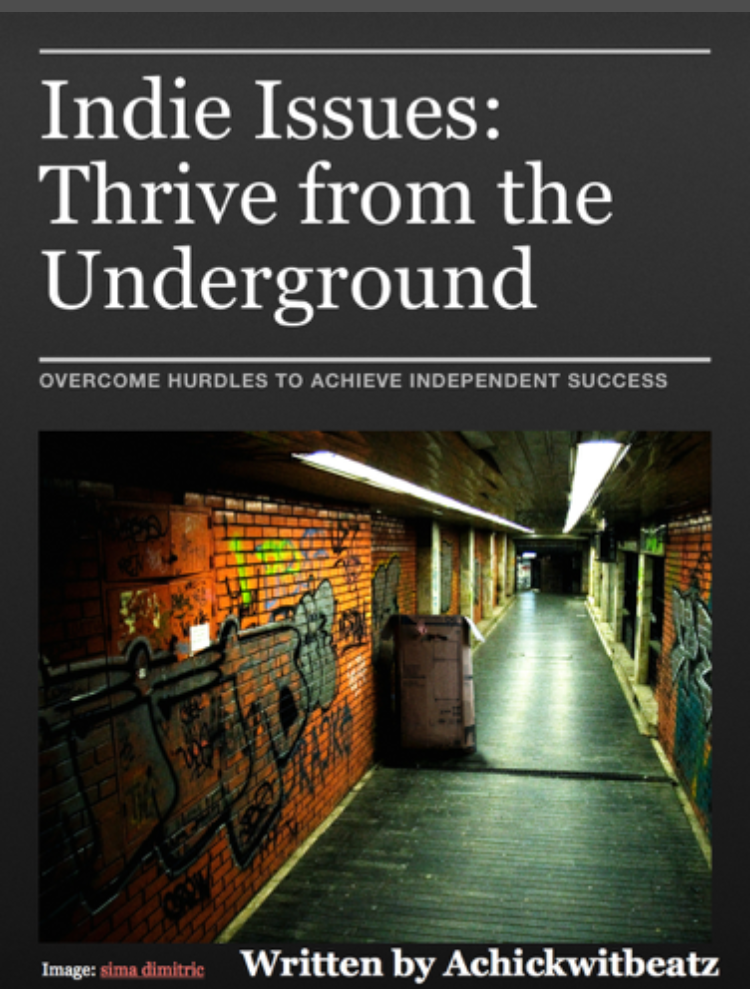
















![Making Music on a Budget [Infographic]](https://images.squarespace-cdn.com/content/v1/52b0b90ae4b0293bfed0d692/1582844361438-3JTE5NT3EL51FHXC0WJI/making-music-on_1929722%25281%2529.jpg)
